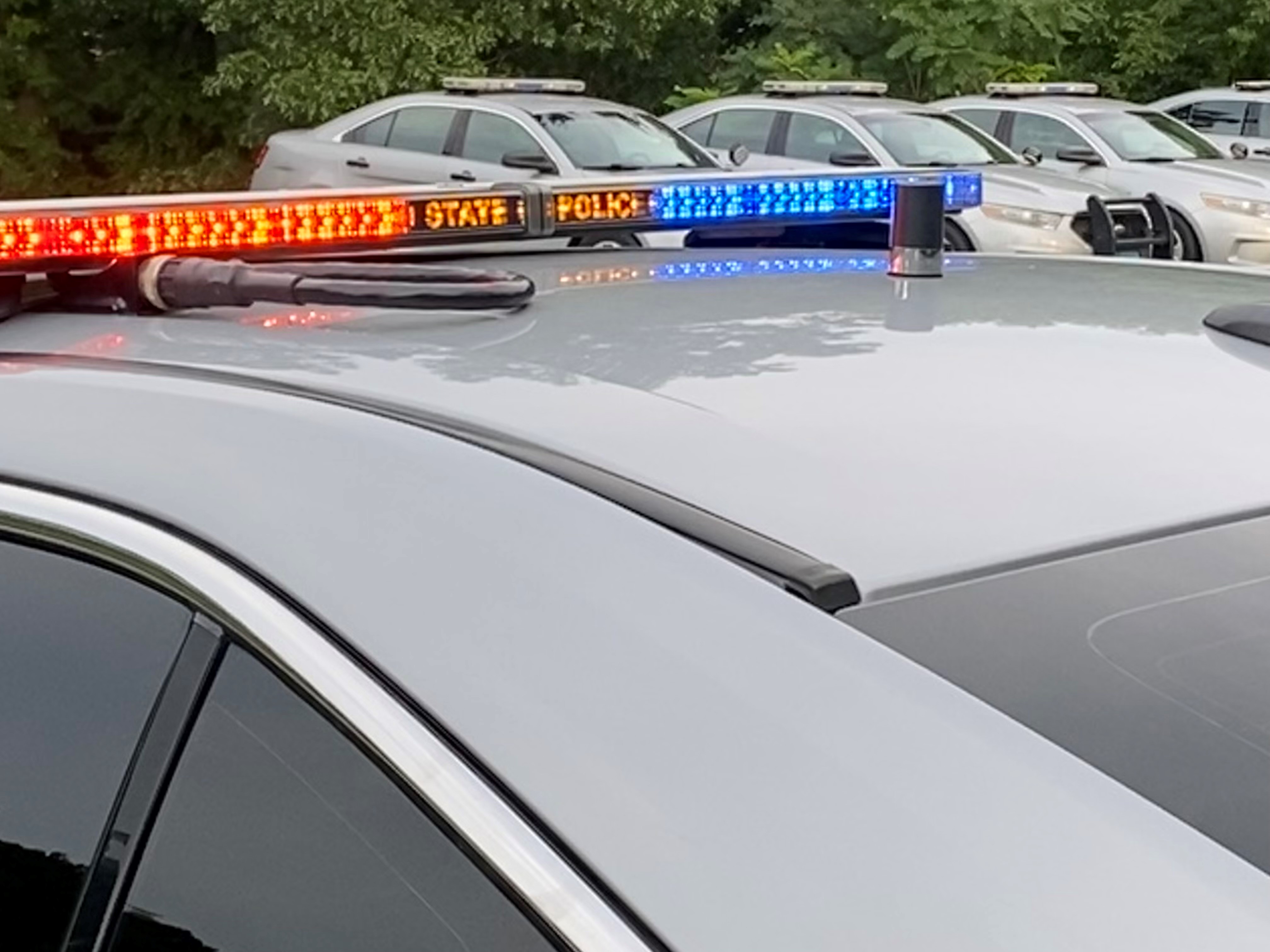Now that Richard “Randy” Cox and the City of New Haven have reached a settlement in the federal civil lawsuit, one third of the $45-million-dollar payout will have to come from the city itself.
Cox’s attorney R.J. Weber says he was with Cox during Friday’s settlement conference.
“He was an integral part of it, and he had the final say about settling his case for $45 million,” Weber said.
He adds that Cox was in control of the decisions along the way in what is now the largest police civil action settlement in the country.
Get top local stories in Connecticut delivered to you every morning. >Sign up for NBC Connecticut's News Headlines newsletter.
“This shows that Black lives matter,” Weber said. “It’s not a white versus Black, it’s not a blue versus Black, it’s right versus wrong.”
Of the $45 million settlement, three insurance companies will cover $30 million. The city’s settlement committee will vote on approval of the $15 million tab that remains.
New Haven Mayor Justin Elicker says the city is exploring funding options, and they would like it done quickly but also minimize the impact on city operations. The city also has a $30 million rainy day fund.
Local
Elicker says he called Cox’s mother after the settlement was reached.
“Just to express my support of her and her family and Randy, and to underscore that I was glad to see that we were able to find a resolution, and anything that we could do in the future to help Randy out we were happy to do so," Elicker said.
In November, his mother Doreen shared frustration over the financial weight of Cox’s treatment at rehab facilities. She begged the city for support.
“We need the help. We need y’all to do something to help my son,” she said at a rally on Nov. 4, 2022.
Today, Weber says she’s feeling a bit of relief.
“She’s happy for her son, that he is doing well and that he has increased hope. And that this settlement will allow him to move on to the next chapter of his life and live the best life that he possibly can,” Weber said.
Cox has physical therapy at least once a day, and Weber says he works on motor skills in his room. He’s gained some extra use of his arms, but will likely never walk again.
While no money could ever compensate Randy for what’s happened to him, Weber says Randy is hopeful local and state policy changes as a result can help make sure this doesn’t happen to anyone else.
“I’m just amazed at the positive attitude he has,” Weber said. “And without a doubt if someone else can be spared a tragedy like this, that will give Randy great peace of mind.”



